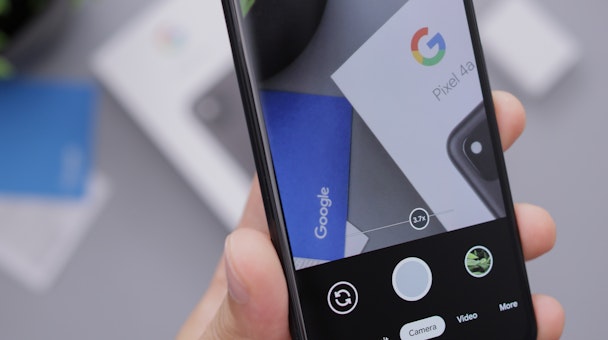The delay to Google’s third-party cookie ban is no surprise, so let’s use the time wisely
The sudden extension of third-party cookies may come as a shock to some in the industry, but nobody is particularly surprised. Google has faced scrutiny from the UK competition and Markets Authority as well as antitrust lawsuits in recent months, well before the EU Commission enquiry landed.

Tug provides marketers with tips for how to prepare for a cookie-less future despite delays
Then there’s the matter of Google’s Floc tests not meeting GDPR rules. All in all, a delay to give Google time to shore up its preparation was almost inevitable.
The two-year deferral might be a welcome one for many in the industry, as it has shown us just how deeply third-party cookies are woven into the digital ecosystem and gives us time to develop better web privacy standards. Let’s not waste it. Here are a few things to consider while making preparations for 2022.
It’s not all about Google
While the internet giant might claim to have spearheaded the movement away from third-party cookies, the concerns around tracking users’ activity have been widely discussed for some time. Third-party cookies were originally intended to communicate user preferences across sites, and the shift in cookie use to tracking individual activities has sparked a global movement to tighten privacy regulations and browser restrictions.
Cookies have long been on the way out – Google’s original 2022 deadline merely drew a line in the sand to which everyone was racing. Now that the line has been redrawn, agencies and brands mustn’t lose sight of the end goal: adapting how they advertise to use privacy-secure data sources and better leverage first-party data.
Use the additional time to gather first-party data
Without third-party data at your disposal, first-party data will be even more valuable. Prior to the postponement, 88% of marketers said it was a key priority for this year. Gaining direct consent for data is important, but it’s wise to plan your approach to get the best results.
-
Instead of rushing to collect as much data as possible, conduct a full audit of what you already have and where your gaps are.
-
Map first-party data assets and how much spend and performance currently depends on third-party data.
-
Assess your findings to uncover exactly where adjustment is needed – whether that’s cookie-fueled attribution practices or re-targeting methods.
-
Focus evenly on plugging immediate gaps and laying foundations for future success.
-
Connect with your consumers to build trust and data sharing.
-
Build a robust technical infrastructure to better utilize incoming first-party data such as adopting a customer data platform (CDP) or integrating API connectors with your stack.
Connecting with your consumers through creative
Gathering first-party information in place of third-party data will require building more of a connection with your customers. Lazy, formulaic advertising using layered third-party data simply won’t cut it anymore. Brands will need to move away from mechanical campaign planning and execution, where cookies are the main driving force, to more personalized and creative campaigns.
Putting stronger emphasis on creative will be paramount to cut through the digital noise, earn user confidence and keep the gates to first-party data open. Brands and agencies must set their sights on using a smart combination of media, data, technology and powerful creative to win attention and forge meaningful relationships.
The brands and agencies that succeed in a post-cookie world will be those that can adapt, push ahead and raise the creative bar to build a strong brand with a loyal customer base.
Oliver Vaughan is chief media officer at Tug.
Content by The Drum Network member:

Tug Agency
Tug is a performance driven, global digital marketing agency, optimised to grow ambitious brands, through the smart combination of data, media, content and technology.
Our...

